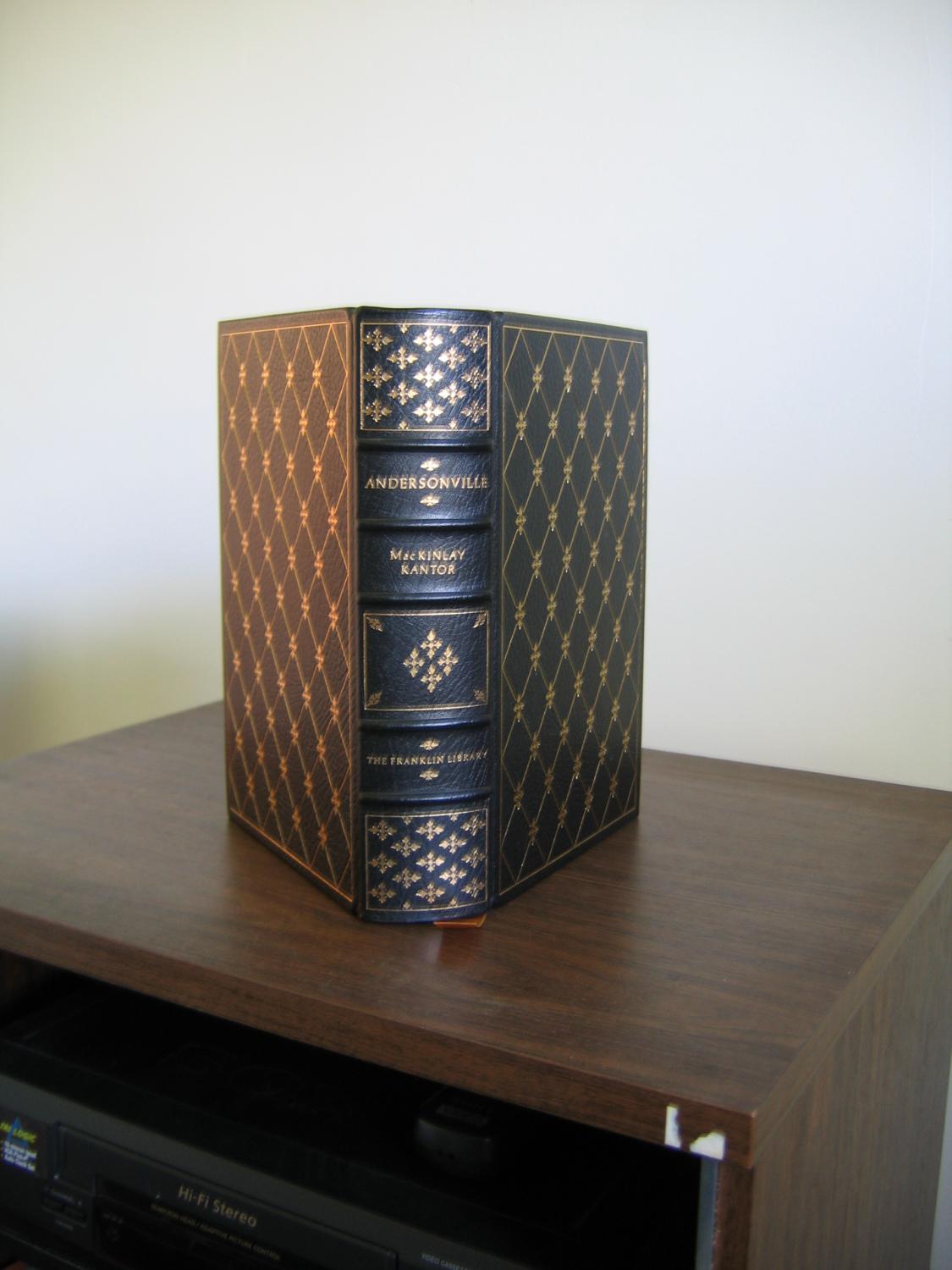
Robert Hall Chilton (Confederate Inspector General in Richmond who received reports from Field Surgeons, and consequently wondered, in print, about the judgment of history if the abominations at Andersonville remained uncorrected).This was published as Andersonville Diary. Ransom (1843–1919) (Union prisoner), a printer from Jackson, Michigan, who kept a detailed diary of his capture, imprisonment, and escape. John Winder (Confederate general in charge of prisoners-of-war).Boston Corbett (Union prisoner, future killer of John Wilkes Booth).

William Collins (Union prisoner, "Raider" leader executed by fellow prisoners).John McElroy (Union prisoner, future memoir writer).Henry Wirz (Confederate, camp commandant).Historical figures who appear as characters in the novel include: Kantor's novel and the movie of the same name are two separate properties. Although Kantor did sell the motion picture rights of his novel to one of the major Hollywood studios in the 1950s, it was never produced. Kantor's novel was not the basis for a 1996 John Frankenheimer film Andersonville. Henry Wirz, who received an injury earlier in the war and never recovered properly, is portrayed not as an inhuman fiend but as a sick man struggling with a job beyond his capacities. Other characters include numerous ordinary prisoners of war, the camp physician/doctor, a nearby plantation owner, guards and Confederate civilians in the area near the prison.Īndersonville is clearly based on prisoner memoirs, most notably Andersonville: A Story of Rebel Military Prisons by John McElroy. The "Raiders" are a gang of thugs, mainly bounty jumpers who steal from their fellow prisoners and lead comfortable lives while other prisoners die of starvation and disease. It also features William Collins, a Union soldier and one of the leaders of the "Raiders".

It is told from many points of view, including that of Henry Wirz, the camp commandant, who was later executed. The novel interweaves the stories of real and fictional characters. The novel was originally published in 1955, and won the Pulitzer Prize for Fiction the following year. Andersonville is a novel by MacKinlay Kantor concerning the Confederate prisoner of war camp Andersonville prison during the American Civil War (1861–1865).


 0 kommentar(er)
0 kommentar(er)
